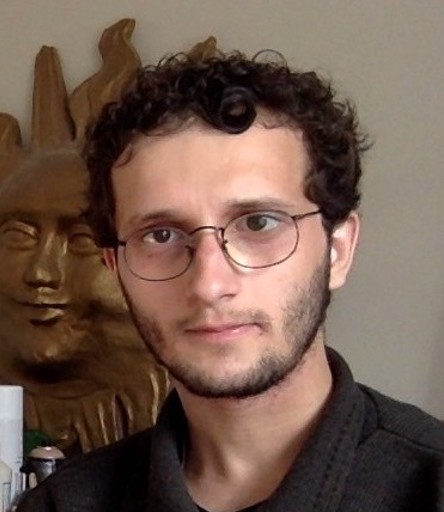




QUICK SNAP: LIVE FROM TALLINN
The plot of this 97-minute film is set in motion by the death of Miglè’s ex-husband’s mother, the grandmother of one of her daughters. At the funeral, her ex-husband subtly comes near her, points his finger at someone in the crowd across the chapel, and he whispers: ‘That’s my new fiancé’. She looks at the woman, sat quite afar, conversing with someone else, and stares back at him not fully understanding what he means. He continues: ‘I want us to get a divorce’ he says. She looks back at him amused: ‘But, we are already divorced, aren’t we?’.
Yes, they may have had an official divorce, registered by the state, but, the Church has not, itself, officially annulled their matrimony. And since, Miglè’s ex-huband’s fiancé is keen to hold a grand Catholic ceremony for her wedding,the ex–husband is now faced with no other choice but to request the Catholic tribunal to annul his first marriage to Miglè. This process is more complicated than it may appear, and Miglè and her ex-husband’s attempts to authenticate the rupture of their union will see them spiralling down ever-deeper layers of absurdity.
Since separating, Miglè has remarried and has had another daughter with her new husband, Ignas, a taxi driver who often rides with his wife in the backseat, clients having to sit in front, involuntarily tuning in to private conversations between man and wife. Miglè is the conductor of a brass orchestra composed of young students, sometimes hired out to perform at special events and parades. Her boss is the caricature of a stern, bald-headed authoritarian. He puts a lot of pressure on the young students, complaining that military bands are now giving the company fierce competition.
A Kafkaesque world opens up before Miglè. The Catholic tribunal’s organisation is extremely convoluted, with three courts, and a final stage where all documents have to be translated in Italian, even wedding videos have to be subtitled for the Pope to consider all the evidence, from the Vatican, and take a final decision on the subject of their annulment. Questioned and scrutinised, stories and recollections start appearing causing Miglè much anxiety. The ex-husband brings a dubious witness to the court, who claims that Miglè was unfaithful. And although this lie would accelerate the whole process, allowing them to swiftly succeed in their task, she is unable to accept the spoiling of her dignity. So she resists, preferring to pick another lie to fool the priests. At a second meeting, the two come up with a narrative they think may work: they were drunk, completely wasted while taking their oaths, effectively weakening the validity of their union, giving them a better argument in the eyes of the Church.
While, as mentioned above, the plot is alluring and wildly funny when it comes to specific scenes in which our protagonists deal with an army of inquisitor priests, the film suffers from wanting to achieve too many things at the same time. Subplots emerge here and there, taking us into new territories we do not really wish to explore, for the drama surrounding the Church is the centre of the film’s intrigue and comedy. By the end, the narrative drifts so far from its nexus, that it is unable to wrap up the story of the divorce in a convincing way. Further, the titular parade which concludes the film is utterly disappointing; the divorce and the parade could potentially have come together in the film’s climax, offering the amusing clash of the two subplots in a fully-rounded conclusion.
Sometimes Parade seems to have limited knowledge of its own best ideas, meandering in many directions. It could have been a satire depicting the endless and oddly anachronistic bureaucratic processes of a Catholic marriage annulment; or it could have been a film about a musician and her efforts to lead her brass band to a complicated grand parade. For an impressionistic narrative of this kind to work, the film would have needed a relentless sense of energy and humour, which it lacks; this would have taken some pressure off the unfulfilled story-line. On the other hand, there are more than a few amusing scenes, and the gangster priests wearing sunglasses, showing up at Mignèl’s band rehearsals like messengers of a higher power, offer glimpses of an intriguing social commentary which could indicate that newcomer Titas Laucias’ will offer better results in future projects.
Parade has just premiered at the 26th Tallinn Black Nights Film Festival. It is part of the First Competition section.











